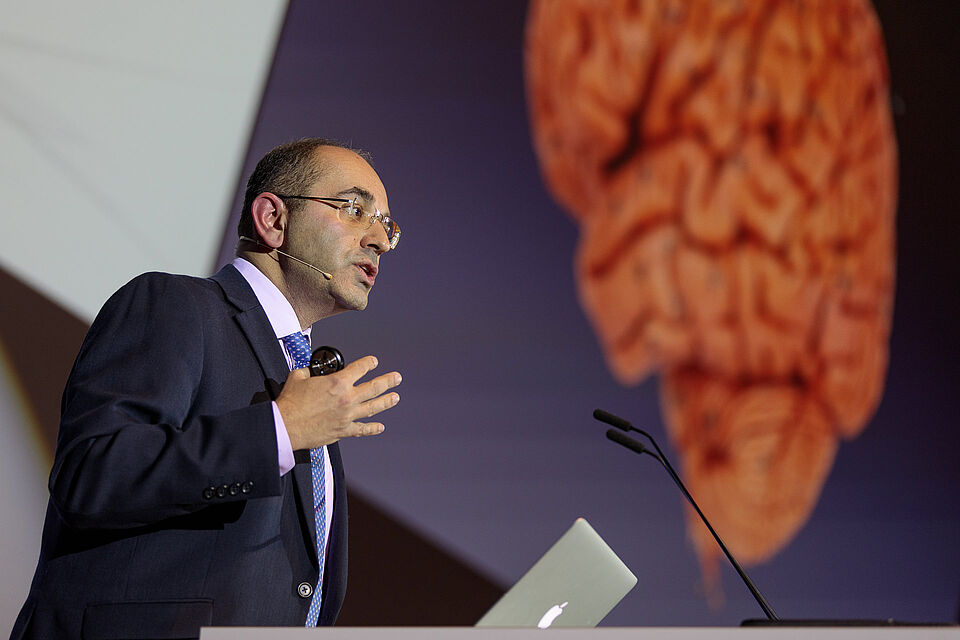 © Philipp Arnoldt
© Philipp Arnoldt
Disclaimer
Diese Seite ist vorläufig und noch nicht ganz vollständig/aktuell. Für Anfragen aller Art sind aber Kontaktdaten hinterlegt.
Aktuelles
Kommende Veranstaltungen
Keine aktuellen Veranstaltungen gefunden.
Standort
Kontakt
| Einrichtung | Modellierung kognitiver Prozesse |
|---|---|
| Sekretariat | MAR 5-3 |
| Gebäude | MAR |
| Raum | MAR 5011 |

 © Michael Setzpfandt
© Michael Setzpfandt